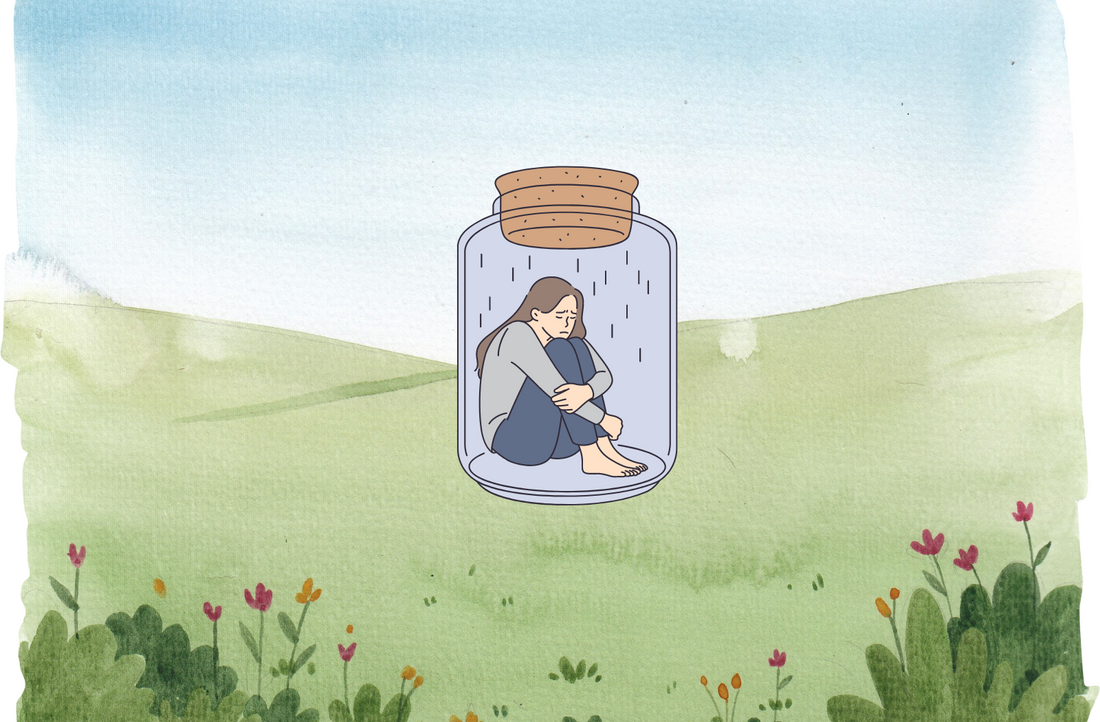Anxiety is a common mental health condition that can have a significant impact on an individual's physical health, including their appetite and overall nutrition. In Ayurveda, a holistic approach to health and well-being, anxiety is viewed as a disruption in the balance of mind, body, and spirit. By understanding the connection between anxiety, appetite, and overall health, Ayurveda offers valuable insights and natural remedies.
Anxiety and Appetite Suppression
Anxiety can often lead to appetite suppression, as individuals may experience increased levels of stress, worry, and nausea. This can result in a decrease in food intake, leading to potential nutritional deficiencies. When the body is under stress, it releases stress hormones, such as cortisol, which can affect the body's ability to absorb nutrients and maintain a healthy appetite.
Ayurveda and Anxiety Management
Ayurveda, the ancient healing system from India, emphasizes the importance of maintaining a balanced mind-body connection. According to Ayurveda, anxiety can be caused by imbalances in an individual's doshas, or energy constitutions. The three doshas, vata, pitta, and kapha, play a crucial role in maintaining overall health.
Vata-Pitta Balancing
Vata and pitta are the two doshas commonly associated with anxiety and stress. Ayurvedic practitioners believe that by balancing these doshas, individuals can effectively manage stress and anxiety. Herbs and botanicals commonly used in Ayurvedic practices for stress relief products include:
- Ashwagandha: Ashwagandha, also known as Withania somnifera, is a powerful adaptogen that is known for its ability to calm the nervous system and reduce stress. It is often prescribed in Ayurveda to alleviate anxiety and promote overall well-being.
- Shatavari: Shatavari, also known as Asparagus racemosus, is a rejuvenating herb that is commonly used to balance pitta and promote calmness. It is known for its soothing effects on the mind and body, making it helpful in managing anxiety.
- Ashoka: Ashoka, also known as Saraca indica, is a fragrant tree that is known for its calming and sedative properties. It is traditionally used in Ayurveda to promote tranquility and alleviate anxiety.
- Bhringraj: Bhringraj, also known as Eclipta alba, is an ancient Ayurvedic herb that is known for its stress-relieving and rejuvenating properties. It is often used as a hair tonic in Ayurveda, but it can also benefit the body and mind by reducing anxiety.
Kapha Balancing
Kapha is the energy constitution associated with calmness and relaxation. According to Ayurveda, an imbalance in kapha can contribute to anxiety symptoms. Herbs and botanicals commonly used in Ayurvedic practices for stress relief products that balance kapha include:
- Neem: Neem, also known as Azadirachta indica, is a powerful Ayurvedic herb that is known for its antimicrobial and antioxidant properties. It is also known to have calming effects, making it beneficial in managing anxiety.
- Holy Basil: Holy basil, also known as Ocimum sanctum, is an adaptogenic herb that is known for its stress-relieving and anti-inflammatory properties. It is often used in Ayurveda to promote mental clarity and calmness.
- Manjishta: Manjishta, also known as Rubia cordifolia, is a rejuvenating herb that is known for its stress-relieving and anti-inflammatory properties. It is often used to treat anxiety-related disorders and promote overall mental well-being.
By incorporating these herbs into Ayurvedic stress relief products, individuals can harness their natural properties to help manage anxiety and promote a healthy appetite and overall balance. It is important to note that Ayurveda is a holistic approach, and it is always recommended to consult with a trained Ayurvedic practitioner for personalized guidance and recommendations.

